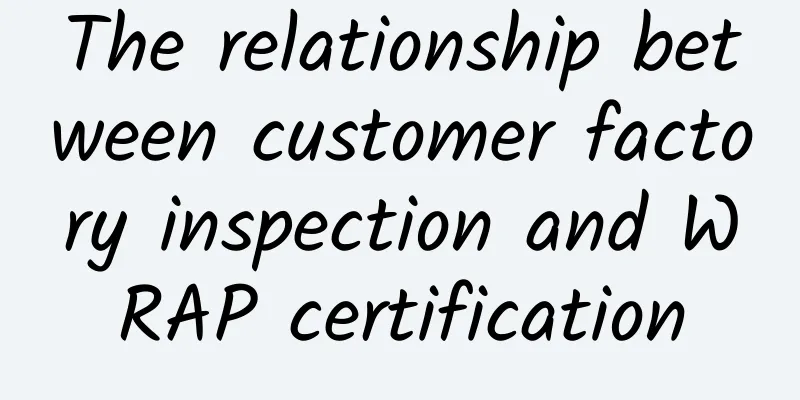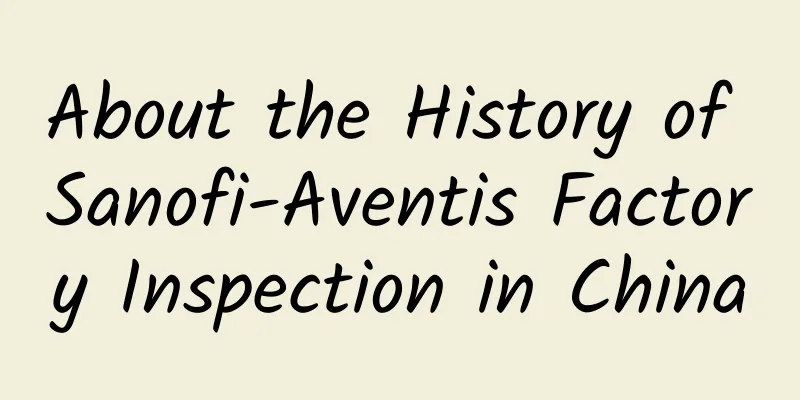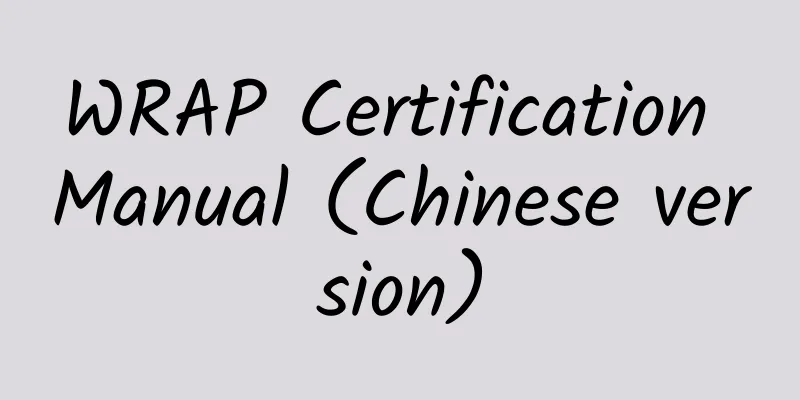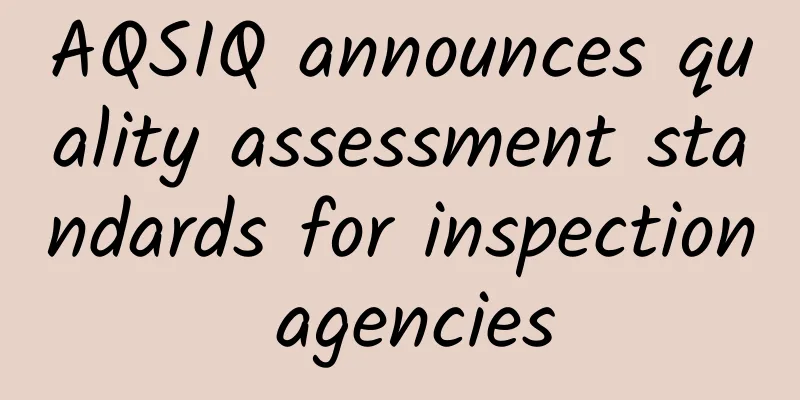The relationship between customer factory inspection and WRAP certification

|
Factory inspection is simply that the business itself or entrusts a third-party organization to inspect the factory to see if it meets its requirements. Factory inspection is nothing more than three aspects: social responsibility inspection, anti-terrorism inspection, and quality inspection. If you pass these certifications, you will become a supplier. Among them, social responsibility factory inspection is also called moral factory inspection and human rights factory inspection. It mainly includes child labor, forced labor, discrimination, freedom of association, wages and benefits, working hours, environment, health and safety, etc. There are two anti-terrorism factory inspections today, C-TPAT and GSV. Including physical security, procedural security, personnel security, information security, logistics security, anti-terrorism awareness training, access control security. Quality factory inspection includes raw material control, production process control, finished product inspection, and customer complaint system. The social responsibility factory inspection adopts the WRAP standard. The benefits of passing the factory inspection and the principles to be followed: |
>>: Six key points to note in the factory inspection process
Recommend
Organic Content Standards - OCS Factory Inspection Checklist
Organic Content Standards - OCS Inspection Checkl...
my country's implementation of compulsory product certification system has achieved remarkable results
"Brother, I want to buy an iPhone 4S, but th...
Experience of doing business on eBay, useful information coming!
Many eBay newbies are always at a loss when they ...
What are the sales techniques on Ebay (Part 2)?
Continuing from the analysis of eBay sales skills...
How to deal with surprise on-site audits during factory inspections
How to cooperate with customers before factory in...
Background and developments of ISO/TS16949
In order to coordinate the international automoti...
The second phase of Xiesheng online training, WRAP detailed explanation (Part 2), has begun. Are you ready?
The first WRAP online training (Part 1) just ende...
Mothercare Factory Inspection Documents/Certificate ListMothercare Factory Inspection Checklist
1.1 Company Insights --- Personnel\Output\Output V...
Indian online fashion platform Voonik receives $20 million in Series B funding
Indian online fashion platform Voonik received $2...
How is Chitai Logistics? What services does Chitai Logistics provide?
How about Chitai Logistics? Shenzhen Chitai Logis...
Craigslist - "The Big Free Classifieds Site"
Craigslist is a large-scale free classified adver...
What products are the most profitable on Lazada in 2020?
With the popularity of the Southeast Asian market...
What are the hot-selling products on eBay in 2020? Pure dry goods~
The product categories on the eBay platform are v...
About the History of Sanofi-Aventis Factory Inspection in China
Sanofi-Aventis is the world's third largest a...
What is Oberlo? How much does Oberlo cost?
What is Oberlo? Oberlo started as an internal pro...
![Corporate Social Responsibility Training - Interpretation of BSCI Articles [April 10, 2010]](/upload/images/67c9c95117d15.webp)








